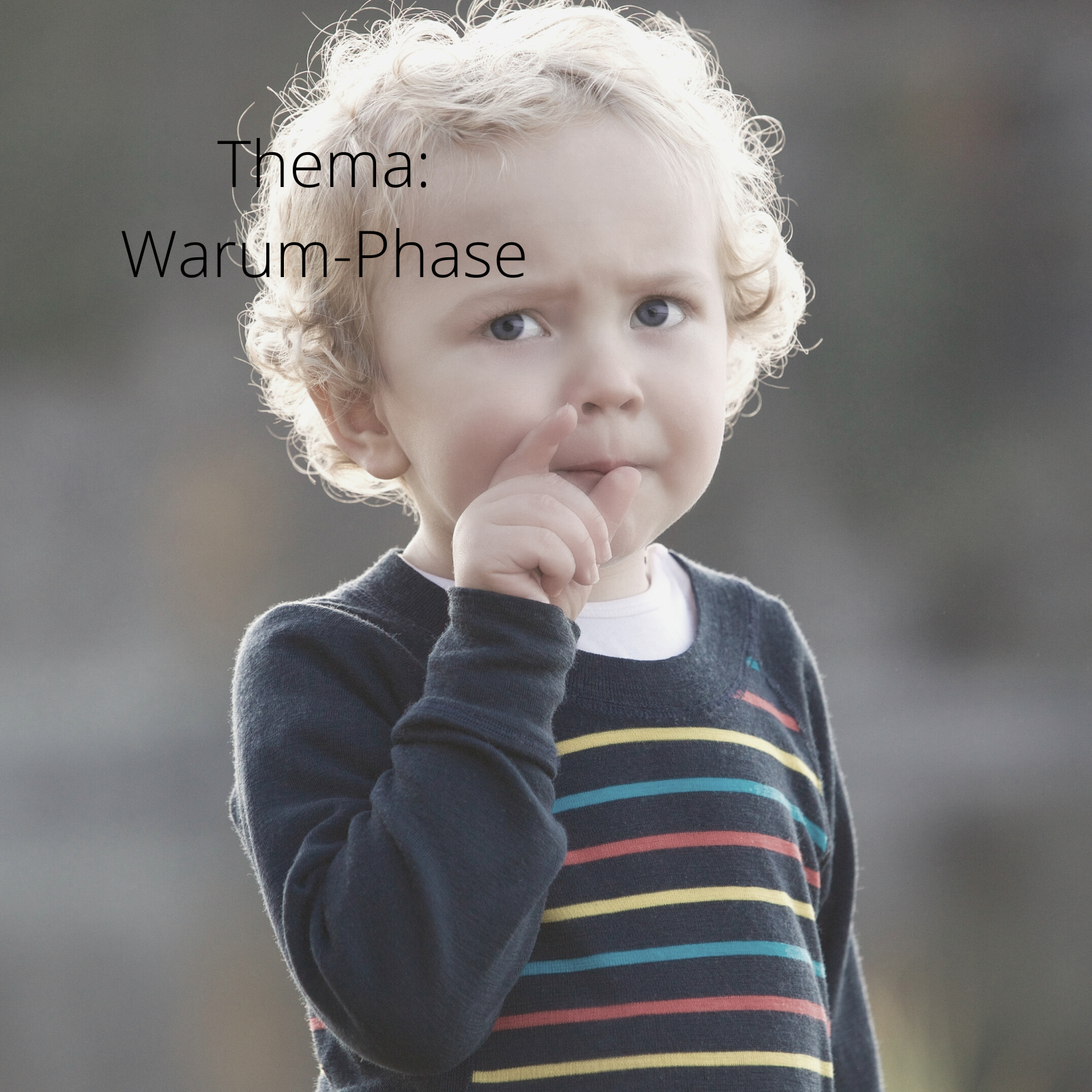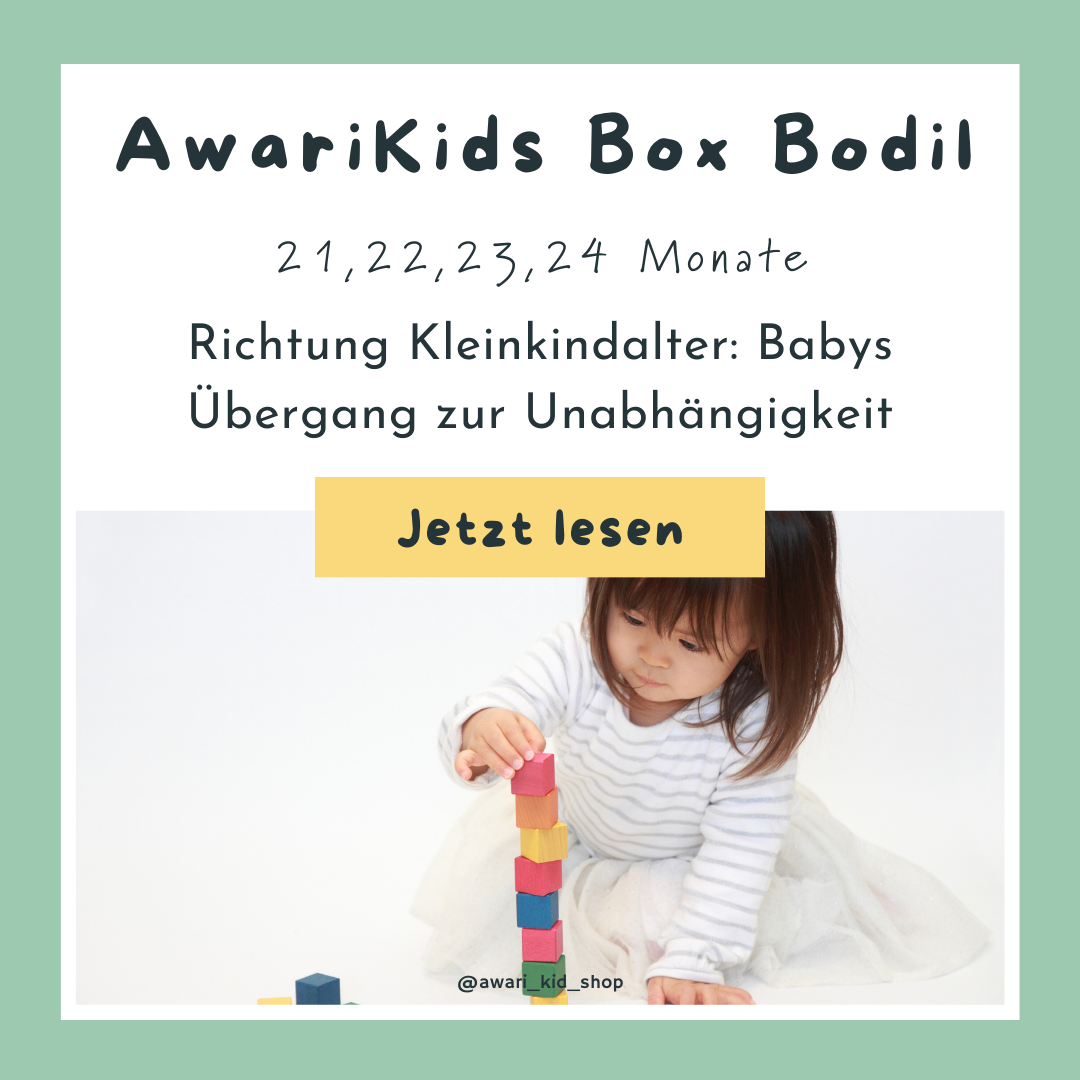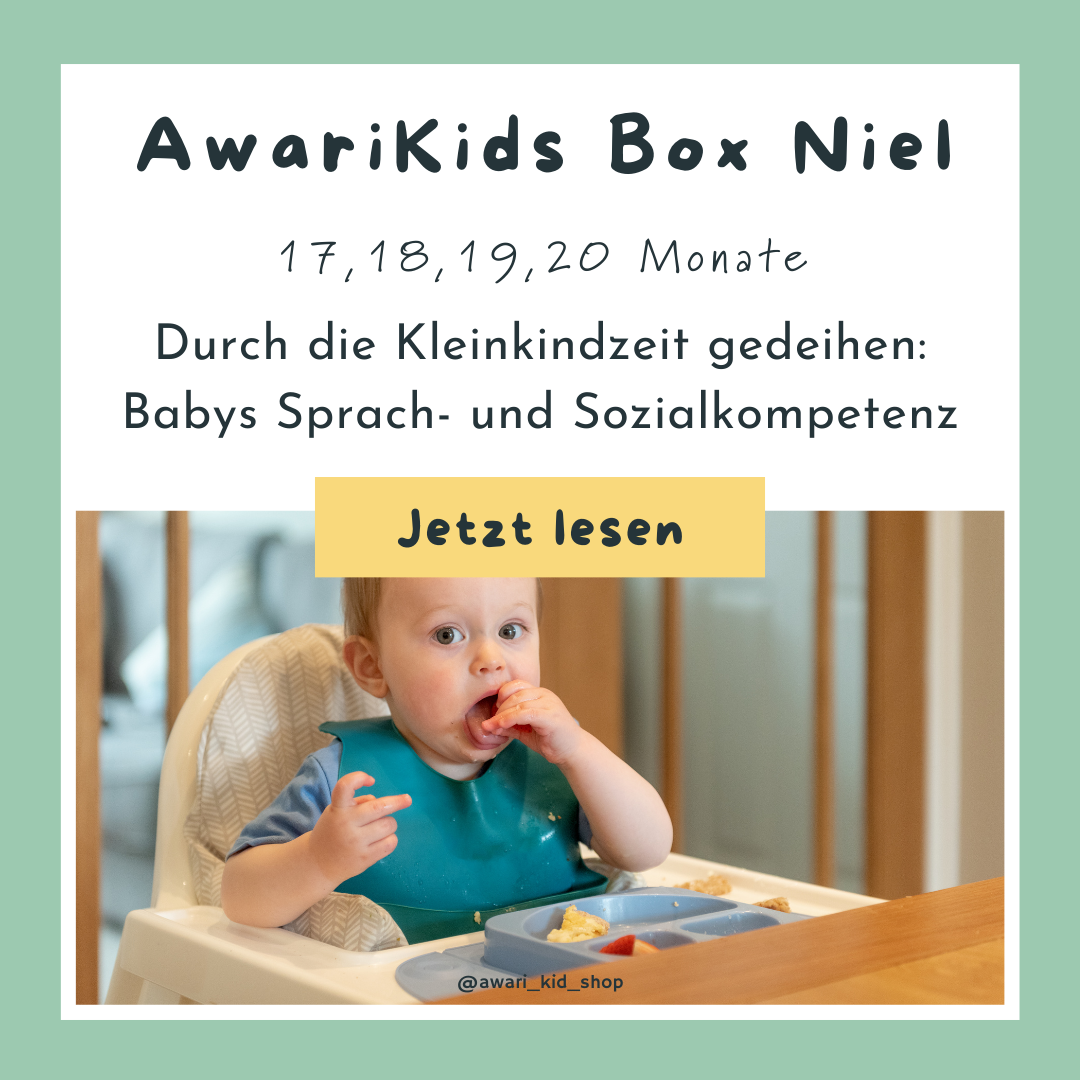The why phase
Your child wants to discover and understand the world. To do this, the most obvious thing to do (once they can speak) is to ask questions – and since you are your child's first point of contact, most of the questions will be directed at you. In the so-called why phase, the frequency of the questions will increase significantly.
Your child will ask you holes in your stomach about every imaginable topic, "Mom, why is the grass green?", "Mom, why does the light come on when I press the switch?", "Mom, why is it dark at night?", "Mom, why do we actually have two ears but only one nose?"
As a rule, the why phase begins at around two to two and a half years of age. This depends heavily on the individual development of each child. Most importantly, language development. There are children for whom the why phase is not so pronounced, they ask less, but instead observe a lot more and thus gather their knowledge. The why phase usually lasts until the fourth or fifth year of life. After that, your child will still have questions, but not as intensely.
You try to answer all questions to the best of your knowledge, but of course it gets exhausting at some point and you might be inclined to answer with a simple “Therefore!!!” for a brief moment. However, you should avoid this, because the why phase is a very important phase for your child. On the one hand, your child asks these many questions because they want to understand things and are curious. It wants to get to know the world and deal with it (promotion of cognitive development). It will also help your child to be able to assess situations better and to act more confidently in situations. On the other hand, the many questions also promote your child's language development, the vocabulary is expanded and the many questions make your child's language flow more and more fluid.
From your child's point of view, the everyday world we live in is very complex and difficult to understand, so your child needs your support. Even if the questions sometimes seem completely out of context, "Mom, why can't you see the air?". With this question, your child signals to you that they want to learn and understand, or maybe just want to have a conversation with you.
The constant “why?” can be exhausting, and you may sometimes wonder if your child is just asking so they “have something to say.” Even if the latter is the case, don't react annoyed, take your child seriously. Either way, it wants to engage in verbal interaction with you. Even if your child asks the same question over and over again, always answer it. Asking the same question over and over again may be because your child doesn't find the answer satisfactory yet, or because they like hearing the answer and it feels/sounds familiar to your child.
In some cases, a child's endless questions can also represent a symptom of a deficiency. The child could suffer from a lack of direct or extensive contact with parents (outside of daily routines), a lack of encounters with others, a lack of emotional attention or intellectual challenge/encouragement could also be a reason. So you should find out the motivation for the many questions your child asks.
Here are a few tips for you
When answering the questions, don't go into too much detail, you don't have to back things up scientifically. The point is that it is understandable and logical for your child. The older your child gets and can understand connections, you can also deepen the explanations.
If you have the feeling that your child is bombarding you with endless questions, you can simply ask a counter question, "Why do you think that is the case?" This will stimulate your child to think and who knows what your child is for has exciting answers.
You should also answer questions that deal with unavoidably "uncomfortable" topics, such as death, sexuality, etc. Again, you should make sure that you answer in an age-appropriate manner. At the age of three, your child does not need detailed explanations. You can also consult books for topics that you feel unsure about answering.
You don't have to have an answer to every question. It's perfectly fine to tell your child that you don't have an answer right now either. Offer to find out the answer together, using an encyclopedia, etc. You can also offer to write down the question and then ask it to someone who is familiar with the field. In this way, your child also learns straight away that adults, in this case the parents, are not omniscient either and that you don't have to be.
If the questioning gets too much for you, or if the situation is just not suitable, you can agree with your child that you write down the questions and then go through them with him later. What is important is that you then make sure that you actually do it. Because if your child feels that this is just to calm them down and the questions are not being taken up, the result will be that your child will not feel taken seriously and seen or heard.
If you get to the point that the next question might actually freak you out (which is only human in certain situations), tell your child respectfully. "I won't answer any more questions for now, I'm tired and need a break." Your child will understand that, even if he might not like it. But this honest and clear statement is much better than giving annoyed and half-hearted answers.
Your child's curiosity is a vital driving force because your child has so much to learn and in a really short amount of time. Curiosity manifests itself differently depending on age. Small children want to touch things and put them in their mouths, kindergarten children/preschool children learn by constantly asking questions. And if you slow them down, that would be absolutely counterproductive. On the contrary, encourage your child's curiosity, because that way, later in life, they will be interested in learning and being interested in new things.
In conclusion, enjoy the time when your children see you as almost omniscient and want to communicate with you as much as possible. Because there will be phases in your child's life when things could look a little different ;)



